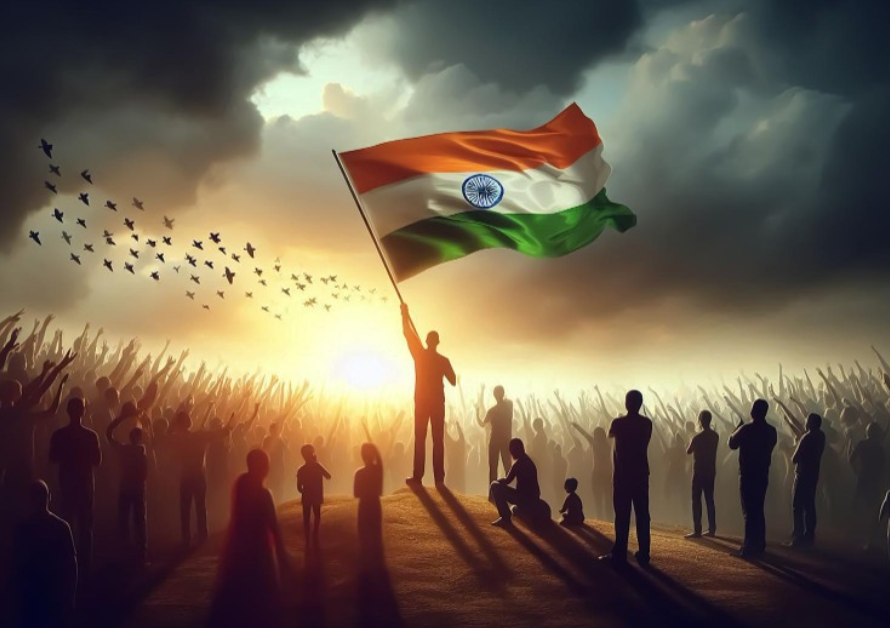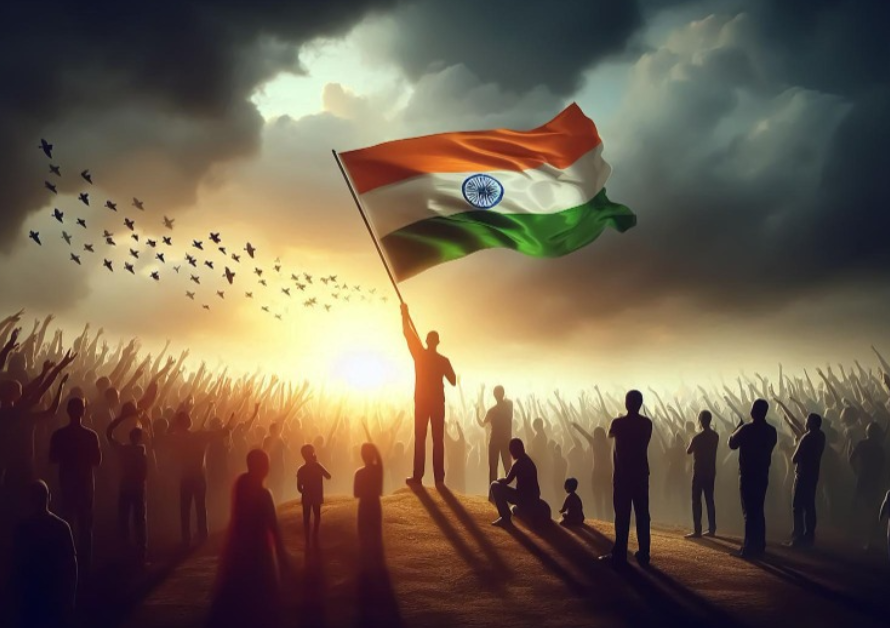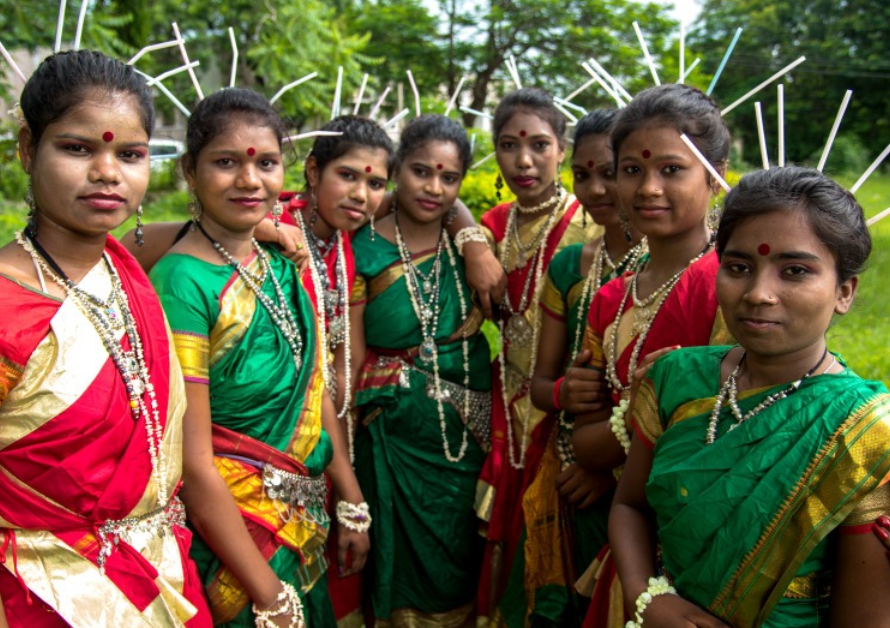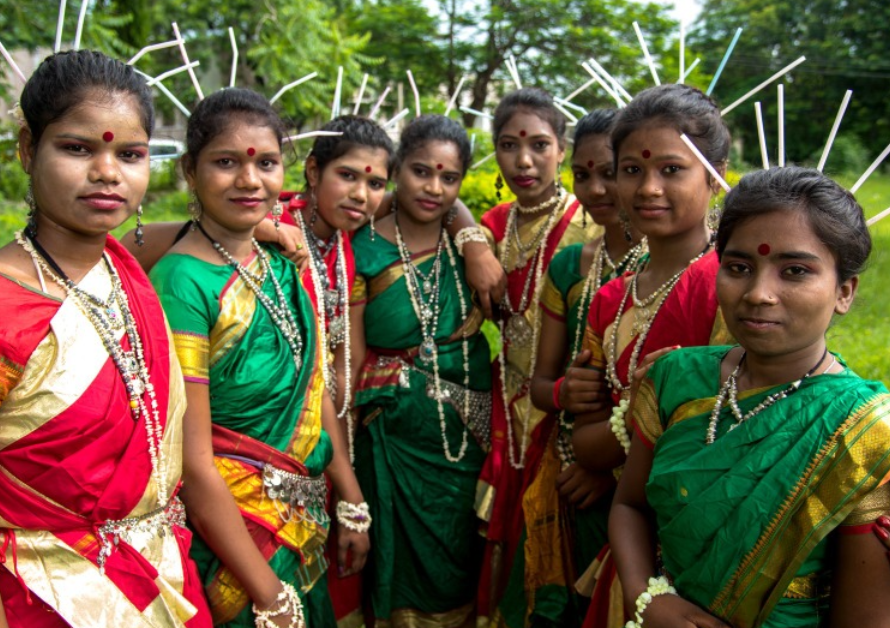Vice President Jagdeep Dhankhar’s Stern Message
India’s Vice President Shri Jagdeep Dhankhar has raised a significant concern that strikes at the very core of India’s constitutional balance and democratic structure. In a bold and clear statement, he expressed strong displeasure over the Supreme Court’s tendency to act like a “super parliament”, something which contradicts the foundational principles of the Indian Constitution.
⚖️ Is the Judiciary Turning into an Authoritarian Power?
Vice President Dhankhar’s sharp criticism was in response to the Supreme Court’s recent move directing the President and Governors to approve bills within a set timeframe. While judicial overreach is not new, this time the highest constitutional authority – the President of India – was seemingly brought under the court’s directions, which has sparked a serious constitutional debate.
He remarked:
“We cannot allow a situation where the judiciary issues orders to the President of India.”
Such actions, he warned, disrupt the democratic equilibrium and undermine the authority of the legislature and executive.
💣 Article 142 – A Judicial ‘Nuclear Missile’ Against Democracy?
Specifically addressing Article 142 of the Constitution, Vice President Dhankhar said that this provision has effectively become a 24×7 nuclear missile in the hands of the judiciary – a tool that is now being used to override democratic institutions.
Article 142 empowers the Supreme Court to pass any decree necessary to deliver “complete justice”, but Dhankhar warned of its misuse as a weapon against democracy.
💼 Cash Found at Judge’s Residence – No FIR Even After a Month!
He also raised serious questions regarding judicial accountability, citing the case of a judge at whose residence crores of rupees in cash were recovered, yet no FIR has been registered even after a month.
He asked:
“Is investigation the judiciary’s job?”
And rightly answered: “No.”
This is the role of the executive, yet a three-judge committee is probing the case – a body with no constitutional or legal backing.“Does this committee derive its legitimacy from the Constitution? No.
Has Parliament authorized such a mechanism? No.
Can this committee take punitive action? No.
Only Parliament can act against a judge.”
CJI Should Not Be Given ‘Veto Power’ – Power Centralization Is Dangerous
The Vice President cautioned against giving excessive power to the Chief Justice of India, stating that it could lead to dangerous concentration of authority.
Under Article 145(3) of the Constitution, the interpretation of constitutional matters requires a bench of at least five judges. When this provision was framed, there were only eight judges in the Supreme Court. Today, there are 30.
So, can five judges still reflect the constitutional majority?
“How can a decision by just five judges today become the law of the land, especially when such a judgment attempts to override presidential decisions?” He called for a re-examination of this structure, suggesting that the judicial interpretation mechanism must evolve along with the changing structure and size of the judiciary.
Judiciary’s Overreach – A Threat to the Constitutional Balance?
This powerful address by the Vice President is more than just criticism – it is a wake-up call. He warned that if any one pillar of democracy – judiciary, legislature, or executive – tries to override others, it would eventually lead India towards constitutional chaos.
“Are we not accountable to ‘We the People’ who gave us this Constitution?”
“Are we not weakening the rule of law by allowing selective accountability?”
These rhetorical questions drive home the urgency of restoring checks and balances among the three arms of government.
A Warning, and a Chance for Correction
Vice President Jagdeep Dhankhar’s remarks are not just a critique – they are a call to uphold constitutional integrity. They remind us that in a democracy, no institution is above the Constitution – not even the judiciary.
If the judiciary truly sees itself as the guardian of justice, then it too must remain within its boundaries. Otherwise, this Temple of Justice risks becoming a power center – unchecked and unaccountable – which is the biggest danger to Indian democracy.
Jai Bharat, Vandematram
For more blogs please visit www.saveindia108.in
👉Join Our Channels👈
➡Facebook Group: https://www.facebook.com/groups/820191950130756
➡Telegram Group: https://t.me/+T2nsHyG7NA83Yzdl
➡WhatsApp Group: https://chat.whatsapp.com/HxGZvlycYPlFvBO17O3eGW







